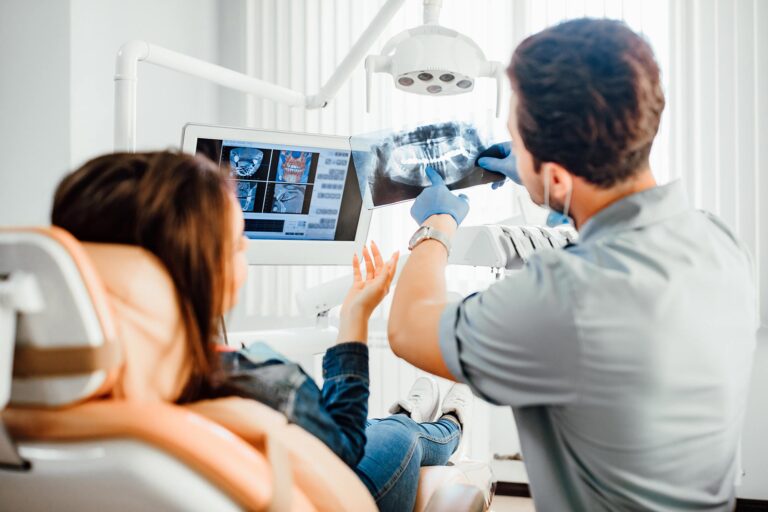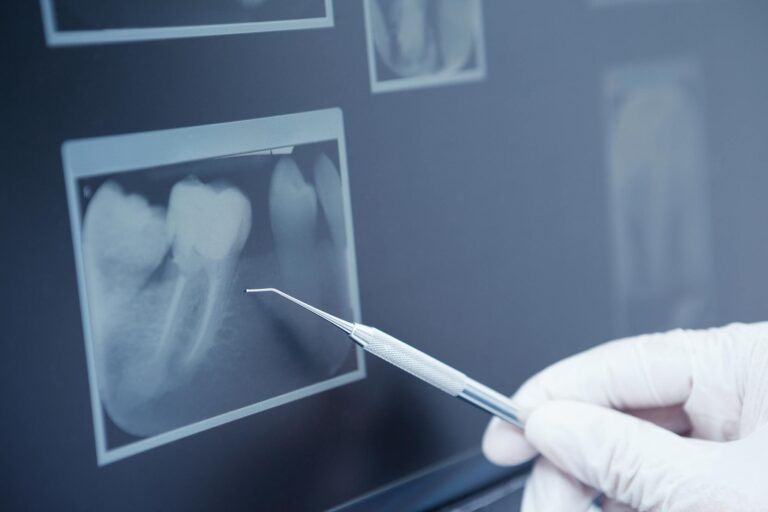Dental Exam and Consultation
Dental Exam and Consultation: Everything You Need to Know about Wisdom Teeth Consultation
Are you scheduled for a dental exam and consultation soon? Do you need to consult your dentist about your wisdom teeth? If so, you might be wondering what to expect during your appointment. This article will cover everything you need to know about dental exams and consultations, specifically wisdom teeth consultations.
What is a Dental Exam and Consultation?
A dental exam and consultation are essential for maintaining good oral health. It involves a thorough examination of your teeth, gums, and mouth, as well as a discussion about your overall health and lifestyle. During the appointment, your dentist will evaluate your oral health and look for signs of any issues.
What Happens During a Dental Exam and Consultation?
During a dental exam and consultation, your dentist will:
- Check for cavities and tooth decay
- Examine your gums for signs of gum disease
- Look for any abnormalities in your mouth, such as lumps or bumps
- Take X-rays if necessary to examine your teeth and jawbone
- Discuss your oral health and any concerns you may have
- Provide advice on maintaining good oral health
- Recommend treatments if necessary

Wisdom Teeth Consultation
Wisdom teeth, also known as third molars, usually develop between the ages of 17 and 25. Some people have enough room in their mouth to accommodate these teeth, while others may experience problems. If you are experiencing pain or discomfort in your mouth, you may need a wisdom teeth consultation.
What Happens During a Wisdom Teeth Consultation?
During a wisdom teeth consultation, your dentist will examine your mouth and take X-rays to determine the position and development of your wisdom teeth. Based on the examination, your dentist will recommend one of the following:
- Leave the wisdom teeth alone if they are not causing any issues
- Monitor the wisdom teeth if they are not fully developed
- Extract the wisdom teeth if they are causing issues or if there is not enough space in your mouth to accommodate them

Why Might You Need a Wisdom Teeth Consultation?

You may need a wisdom teeth consultation if you are experiencing any of the following symptoms:
- Pain or discomfort in your mouth
- Swelling or inflammation in your gums
- Difficulty opening your mouth
- Pain in your jaw
- Tooth decay or gum disease around your wisdom teeth
What to Expect During a Wisdom Teeth Extraction?
Conclusion
Dental exams and consultations are essential for maintaining good oral health. If you are experiencing any issues with your wisdom teeth, you may need a wisdom teeth consultation. Your dentist will examine your mouth and recommend the best course of action, which may include monitoring, extraction, or leaving the teeth alone.
FAQs
It is recommended to schedule a dental exam and consultation every six months.
You will be given local anesthesia to numb the area, so you should not feel any pain during the extraction.
If your wisdom teeth are not causing any issues, your dentist may recommend monitoring them to ensure they do not cause problems in the future.
It is recommended to have someone else drive you home after a wisdom teeth extraction, as the anesthesia can impair your driving ability
Recovery time can vary, but most people feel back to normal within a week or two after the extraction.
Not everyone develops wisdom teeth, and it is perfectly normal if you do not have them. Your dentist will still perform a thorough examination during your dental exam and consultation to ensure good oral health.
In conclusion, dental exams and consultations are an important part of maintaining good oral health. If you are experiencing any issues with your wisdom teeth, it is important to schedule a consultation with your dentist. They can examine your mouth and recommend the best course of action, whether it be monitoring, extraction, or leaving the teeth alone. Remember to schedule regular dental exams and consultations to ensure good oral health and catch any issues early on.

